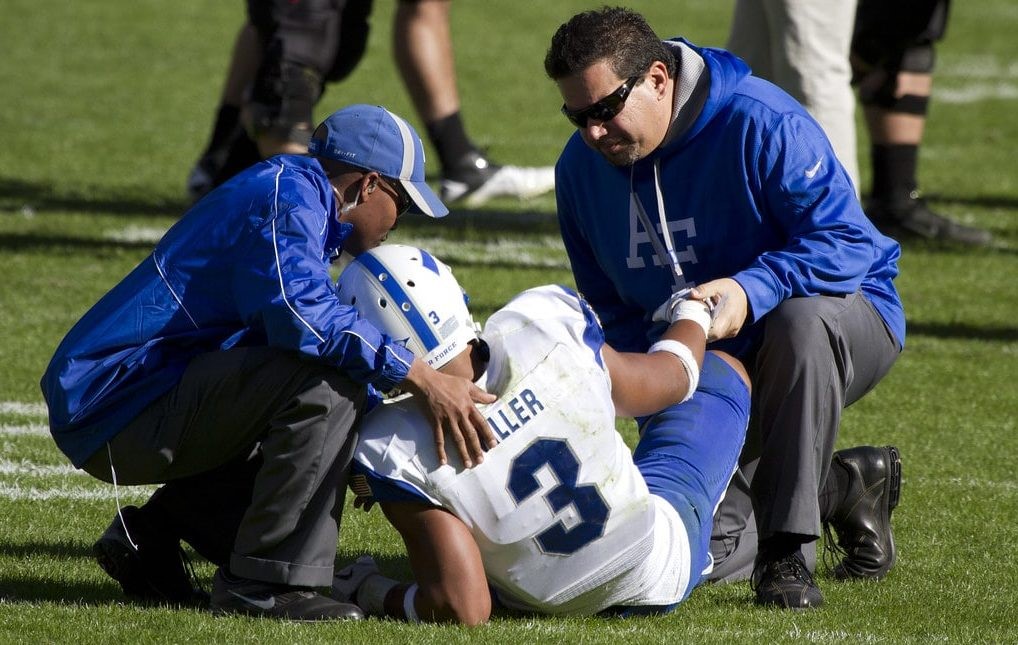There’s a school fundraiser coming up, and it’s a bake sale. Everyone needs to bake a treat to be able to participate, but you have no idea how to cook or bake and end up doing nothing for the fundraiser. Many students don’t know how to prepare meals by themselves, and although this may not seem essential for a middle schooler, cooking could be very beneficial for people to learn at a young age. Cooking classes should be added as an elective course in middle school because it teaches children healthy eating habits, can reduce stress levels, and teaches responsibility.
First of all, cooking classes in school could prevent kids from regularly eating junk food. It has been proven that teenagers have developed bad eating habits due to fast food.“Teenagers often gravitate toward fast food and unhealthy snacks, but cooking classes introduce them to fresh, nutritious ingredients in an engaging way” (Philly Family). This shows that cooking is introducing new food to teens that can taste good and still be good for them. As a result, children will become much more healthy and provide energy for mental and physical growth.
Another reason why middle schools should have a cooking class is because it will reduce student’s stress levels. “Baking is a great feel-good activity! Research has shown that individuals with a mental health diagnosis can benefit from baking therapy…In addition, seeing and tasting the finished product after all our hard work is a great mood booster and can provide a sense of achievement!” (Northern Healthcare). When students know how to cook, they will use it to their advantage to help calm their nerves maybe right before a big test or presentation. This skill will also help when there is a bake sale because cooking students will know how to make treats. Clearly, students will become less stressed and have better mental health due to cooking and baking.
Some may argue that it is a safety hazard to have young adults around knives and sharp tools, but a formal class would actually teach them how to be responsible in the future to avoid safety concerns at home. “Cooking classes teach responsibility by requiring students to manage tasks beyond just food preparation—such as kitchen safety, cleanliness, and time management” (Philly Family). This illustrates that teens could reliably be left in the kitchen by themselves if they learn how to develop the skills of cooking.
To raise money for the appliances needed for a cooking class, students and teachers who would like to participate in this elective course, could help set up a fundraiser to acquire the money to purchase ovens, a freezer, a refrigerator, cutlery, and other supplies. Once we have all the supplies, we can start enrolling students into this class and create memories that will last a lifetime.










